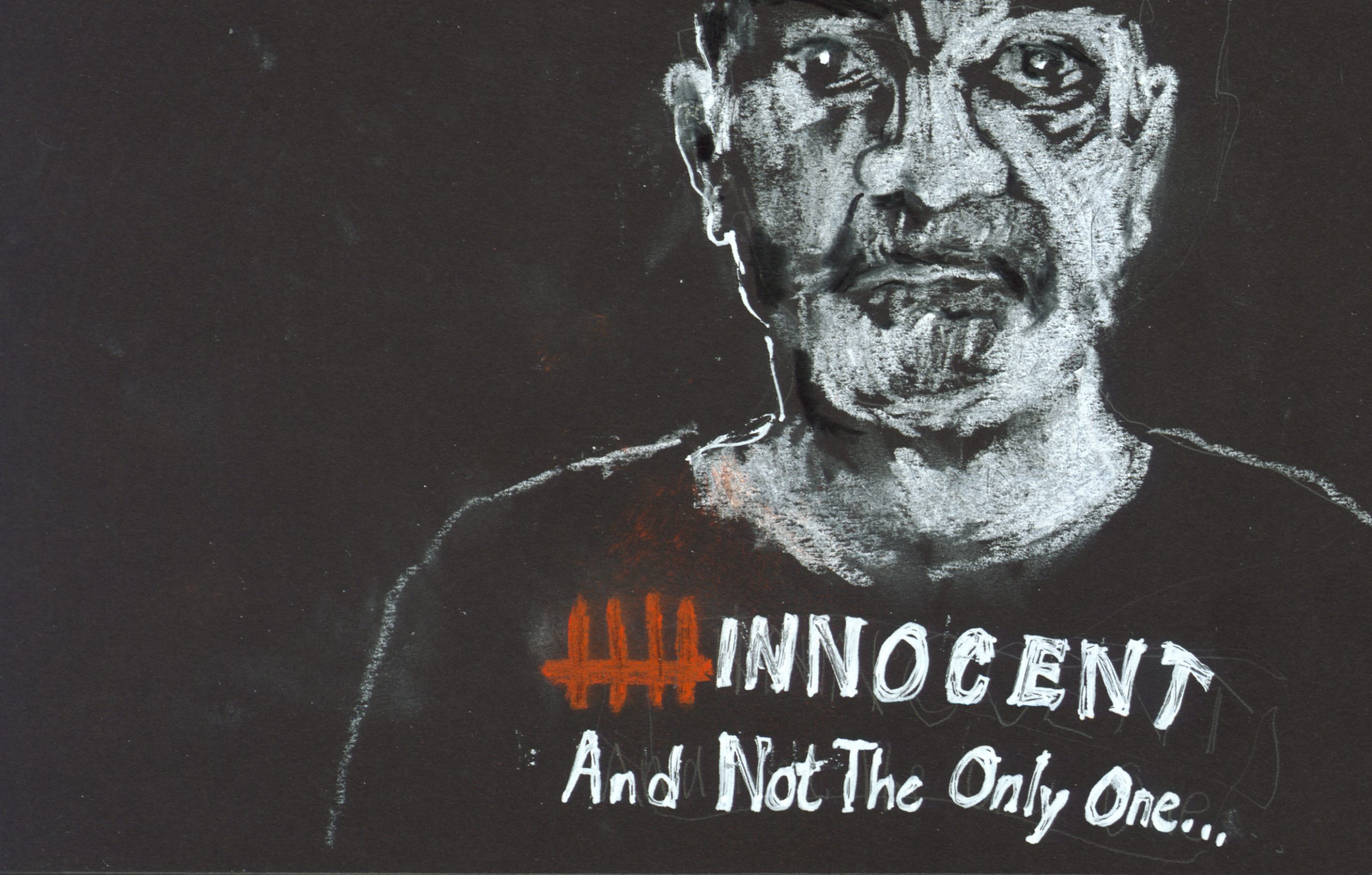A Guardian report has revealed that the Criminal Cases Review Commission (CCRC) is using interns to trawl for potential miscarriages of justice in their files following the exoneration of Andy Malkinson.
The body, which is tasked with overturning wrongful convictions, recently announced that they were undertaking a forensic trawling exercise to identify similar cases – in particular those where new DNA testing could mean a breakthrough for the wrongfully convicted.
This team of interns, revealed by an internal document from the CCRC shared with the Guardian, are narrowing down the pool of potential cases that could be referred back to the Court of Appeal.
Emily Bolton from the law charity Appeal, and Andy Malkinson’s solicitor, told the Guardian: ‘Given the seriousness of this review, it is concerning that so far the work has been done mainly by interns.’
So far, the team of interns have whittled down over 900 cases to 270 and are now analysing the remainder.
The CCRC’s announcement of this trawling exercise came before the publication of a major review of its failures in its handling of the Malkinson case.
Writing for the Justice Gap, Appeal’s James Burley said last month that this review of cases ‘isn’t enough to restore confidence’. He outlined the potential pitfalls with the CCRC’s approach, including the fact that they are focusing exclusively on murder and rape cases, and that they are only considering the use of one type of DNA testing, despite the potential for others to also assist with identifying miscarriages of justice.
He added that the CCRC has ‘an unimpressive track record’ when it comes to these kinds of internal reviews. In 2021 it emerged the CCRC would be re-examining a number of domestic homicide cases in the wake of coercive control victim Sally Challen’s successful appeal. However, not a single referral has resulted from it.
For the body to become fully capable of fulfilling its potential, Burley said it needs to address its ‘dearth of transparency and accountability’ as well as its ‘all-too frequent failure to pursue reasonable lines of enquiry.’
Responding to the Guardian’s reporting, a CCRC spokesperson said: ‘[The current phase] is a preliminary assessment, and is about identifying cases where forensic evidence might make a difference. Detailed consideration would take place at phase three and would involve consultation with forensic scientists. At each stage, borderline cases will be included rather than excluded.’








